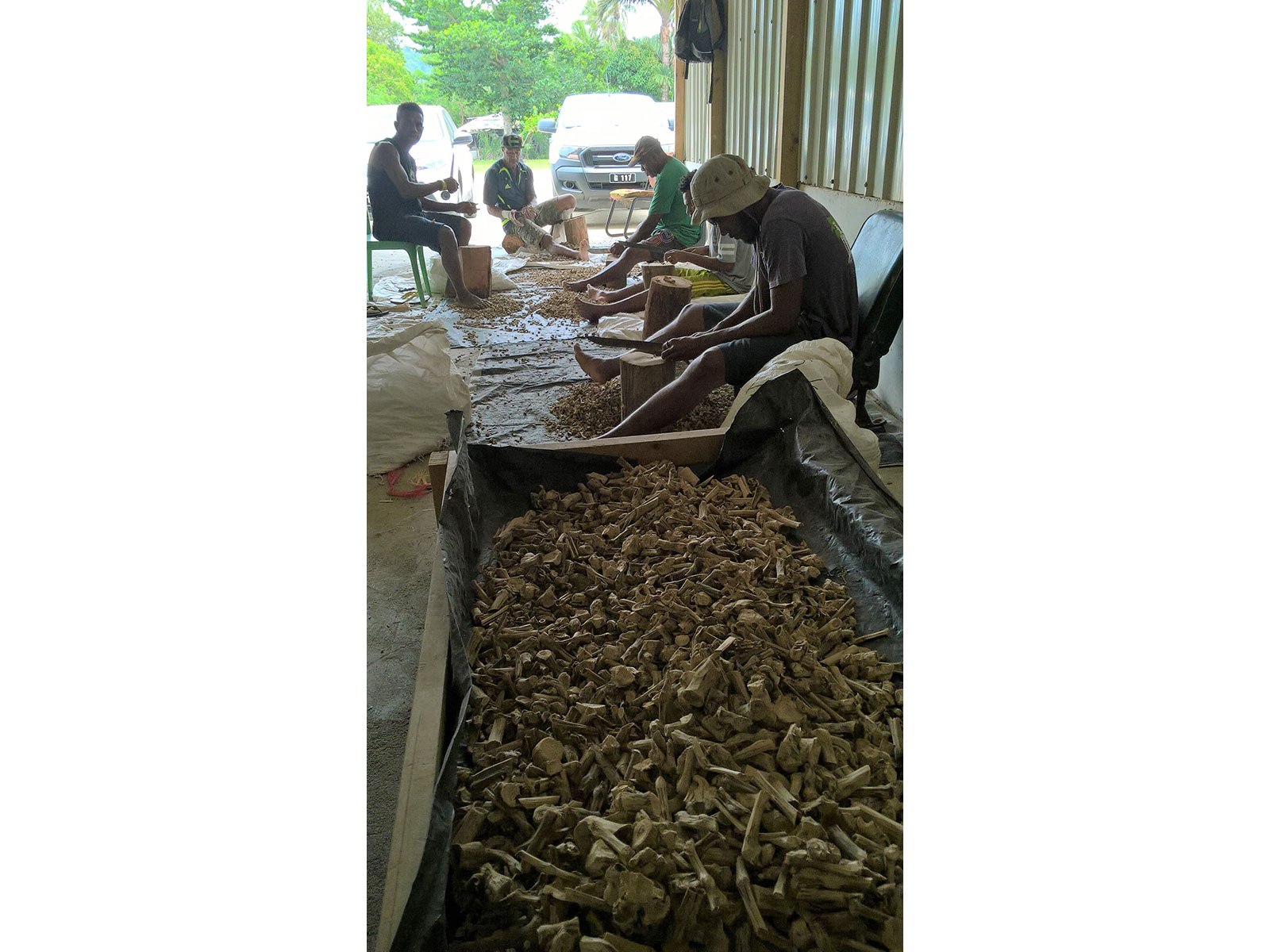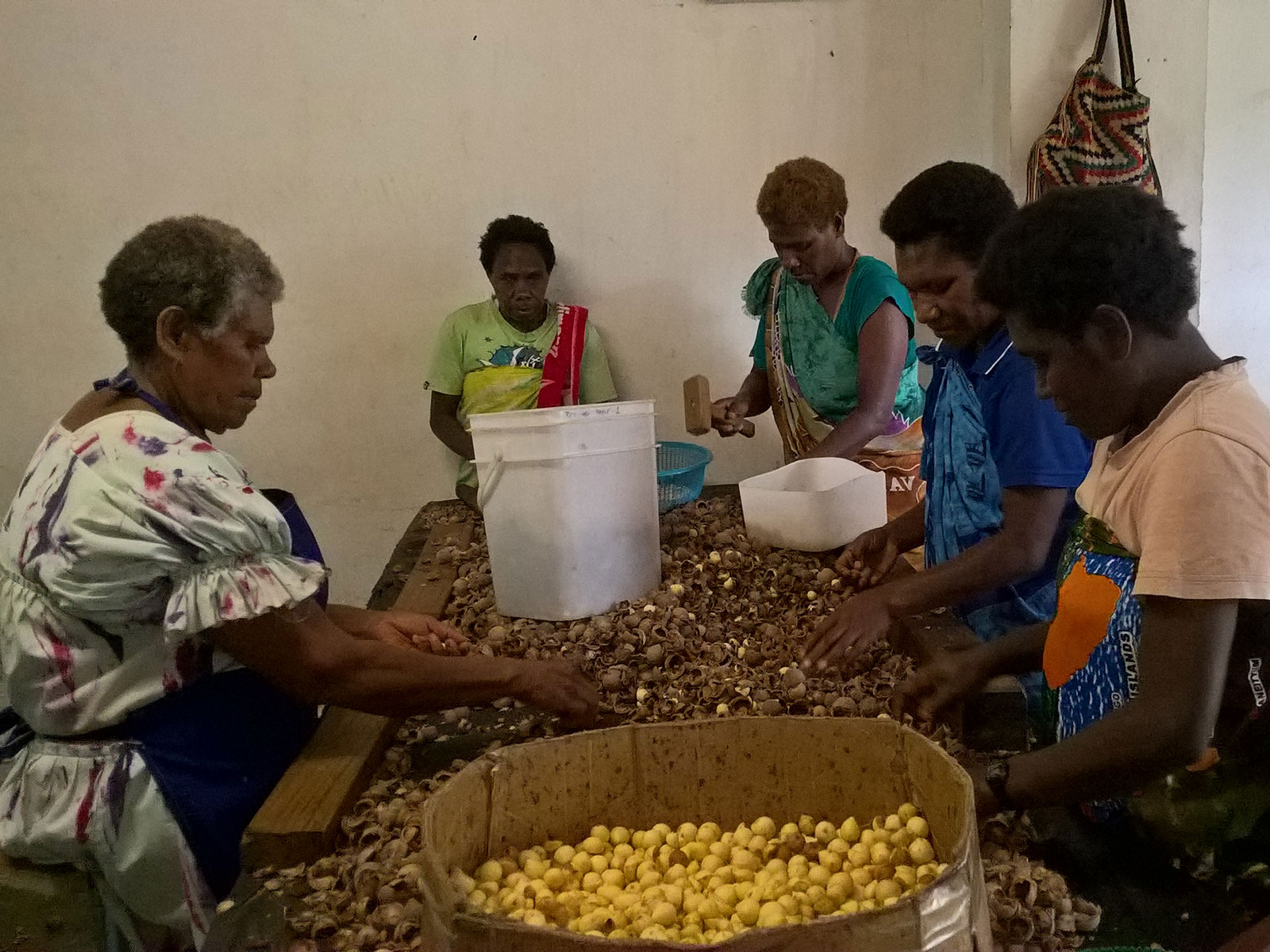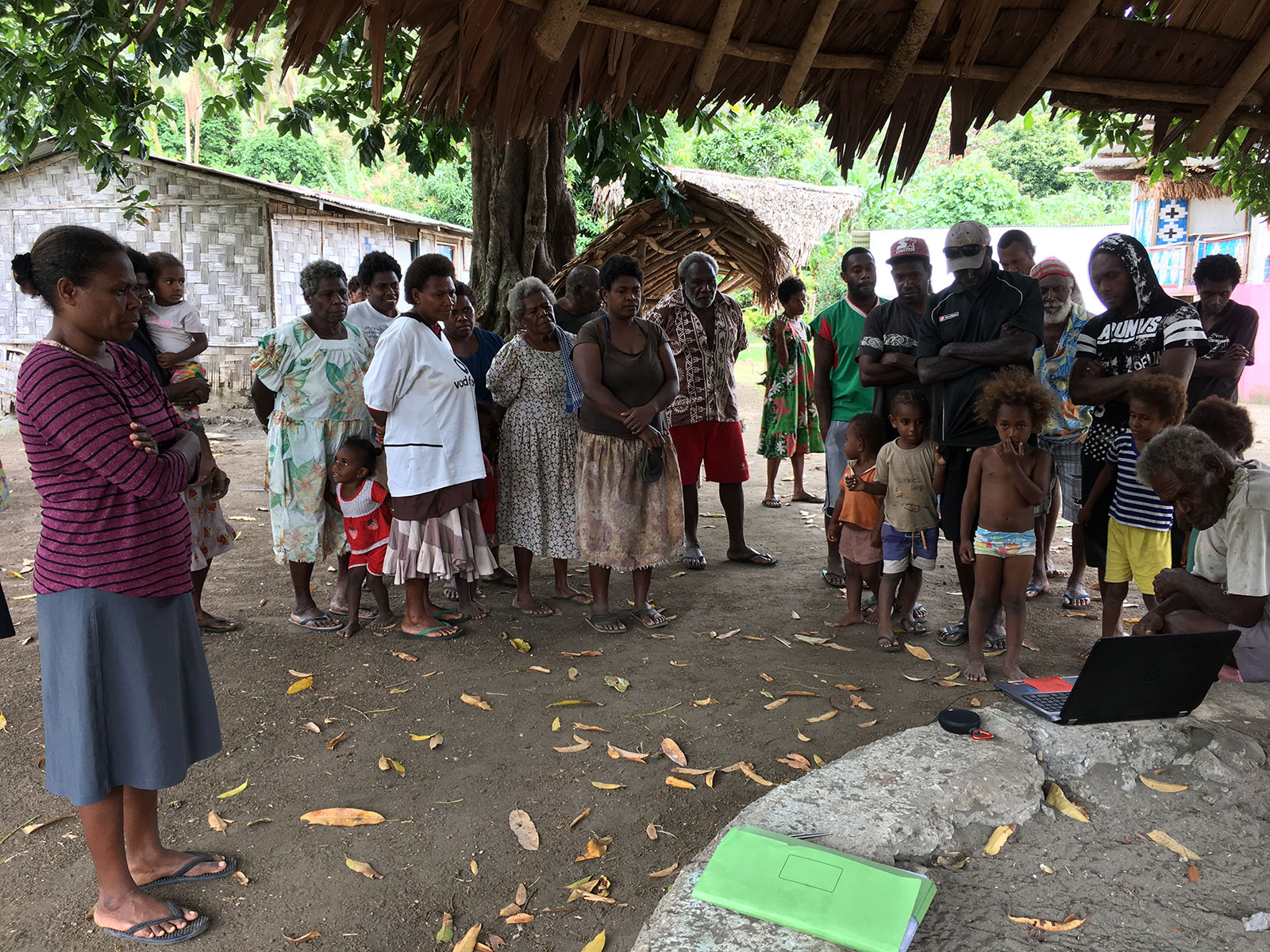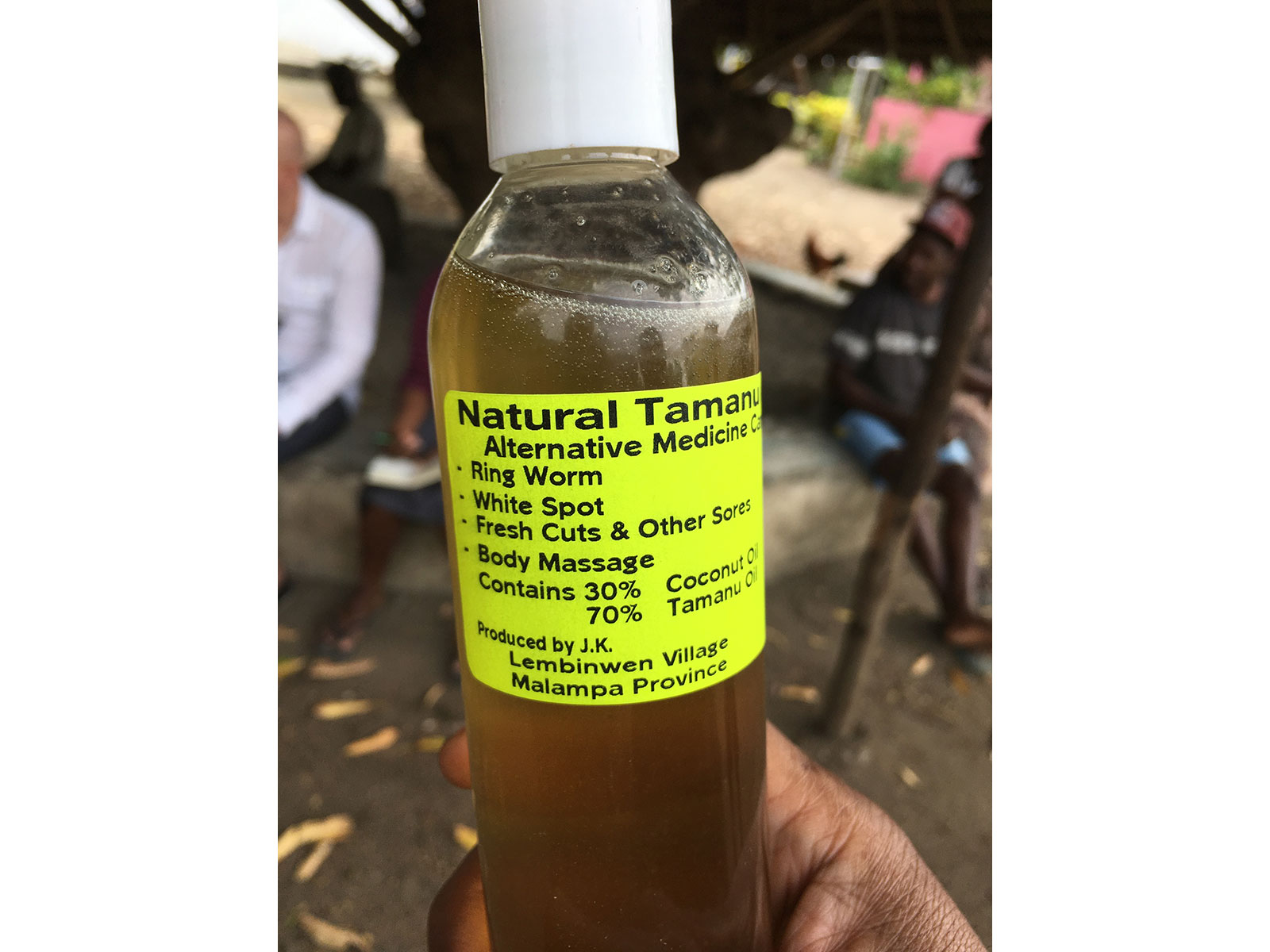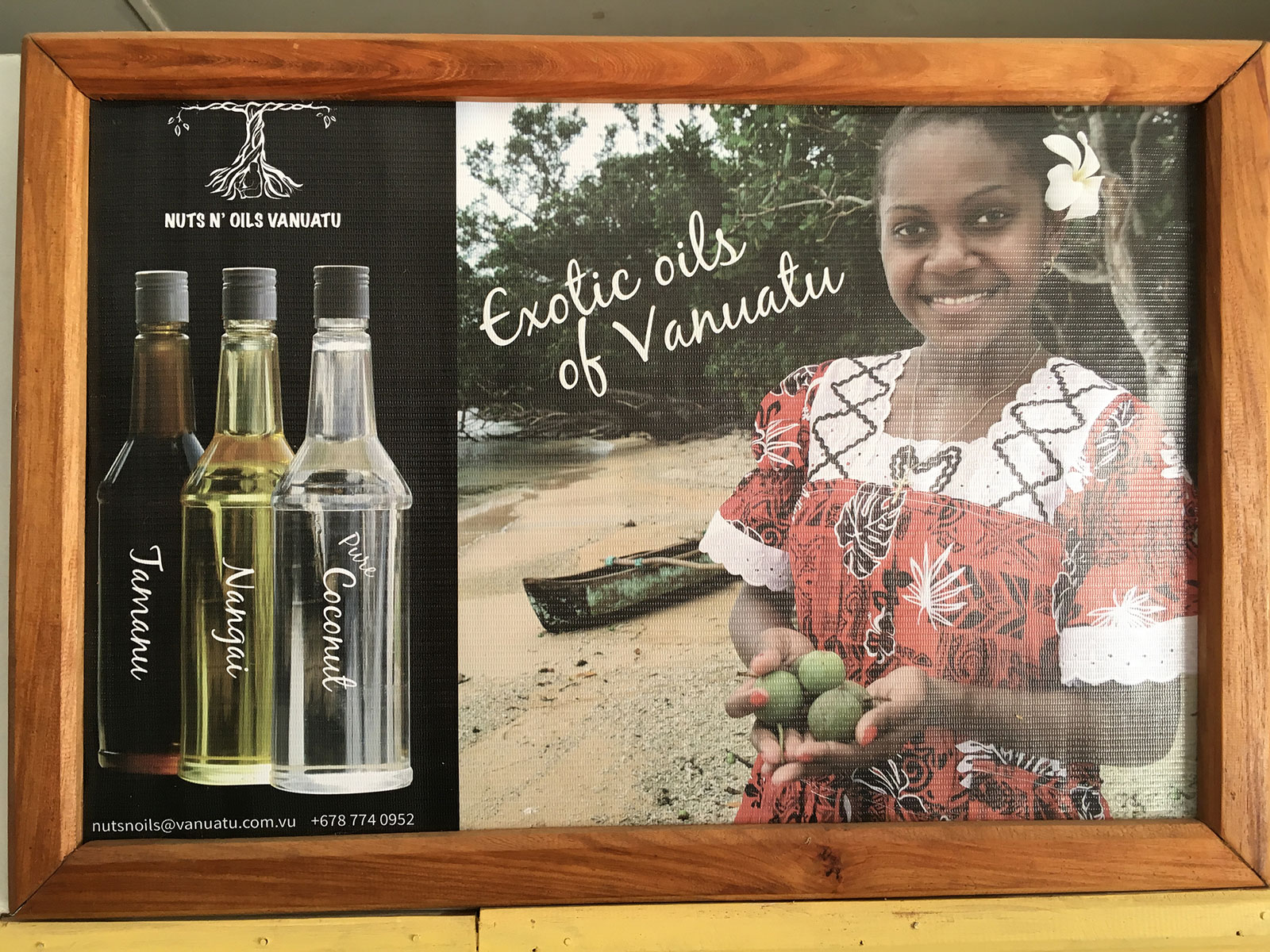Programme Implementing the Nagoya-Protocol of the Convention on Biological Diversity (ABS Initiative)
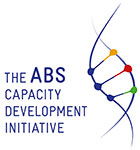
OBJECTIVES
- Help to create enabling environments in which genetic resources and the associated traditional knowledge are utilized in a sustainable way, while access and benefit-sharing (ABS) delivers economic and development opportunities to all relevant stakeholders.
- Aims to achieve this objective by contributing to functional national ABS systems, IPLC involvement in ABS agreements and the establishment of ABS compliant value chains in Africa, the Caribbean and the Pacific.
DESCRIPTION
The ABS Initiative has supported negotiations on the international ABS regime since 2006, and the implementation of the Nagoya Protocol since 2010. In the current project phase, the Initiative focuses its support on three core processes:
- developing and revising ABS legislative and regulatory frameworks,
- negotiating fair and equitable ABS agreements, and
- effectively integrating indigenous peoples and local communities (IPLCs) in respective negotiation processes.
APPROACH/FIELD OF INTERVENTION
- Support in developing and implementing ABS-related policies and regulatory frameworks
- Promote the negotiation of ABS agreements and respective capacity development
- Identification and analysis of ABS-relevant biotrade value chains
- Production and targeted dissemination of educational materials and awareness raising
- Facilitate the engagement of indigenous peoples and local communities (IPLCs)
TARGETED BENEFICIARIES
- Policy makers and legislators
- National ABS authorities
- Providers and users of genetic resources and IPLCS
- Small and medium-sized enterprises (SMEs), cooperatives, universities and research centers in provider countries
HIGHLIGHT ACTIVITIES
For the Pacific region only:
Since 2021, based on the co-funding contribution of the EU, the ABS Initiative has supported the national consultation, ratification and implementation processes in several Pacific Island countries, among them the Cook Islands, the Federated States of Micronesia (FSM), Palau, Papua New Guinea, Samoa and Vanuatu.
With the shift towards virtual meetings, induced by the COVID-19, this work sharing approach has been relaxed. As national workshops are possible in many of the Pacific Island countries the SPREP and the ABS Initiative are jointly organizing and participating remotely as international experts in such national workshops, e.g. for Palau (2019), Samoa (2020), and Tonga and Tuvalu (2021).
National consultants are being financed by the ABS Initiative to support in Papua New Guinea the ratification process and in Vanuatu the revision of the ABS regulatory framework.
For more information on achievements, please consult our website: ABS Biotrade: Activities and Achievements (since 2017) (abs-biotrade.info)
PUBLICATIONS
- Repository: all information and knowledge product materials produced since 2015
- Event coverage: Reports and videos on all events organized since 2015
- Brochure on ABS Initiative
- Factsheet ABS in the Pacific
- Factsheet ABS in Pacific (in Bislama)
VIDEO
- Video explaining the basics of ABS in English, French, Spanish, German and Bislama: ABS – Simply Explained – YouTube
SUCCESS STORIES
Biocultural Community Protocols (BCPs) in Vanuatu and Cook Islands
IPLCs and NGOS have demonstrated considerable engagement in and alongside national workshops on access and benefit-sharing (ABS) in 2018-19. Based on parallel funding of the Australian Research Council (ARC) grant through the University of New South Wales (UNSW), which is hosting the regional coordinator of the ABS Initiative, allowed for intense consultations with communities in Vanuatu (Malekula and Santo) and Cook Islands (Aitutaki, Mangaia and Rarotonga). in relation to ABS, traditional knowledge (TK) protection, and use of custom and community procedures or protocols.
Biocultural Community Protocols (BCPs) are now being developed in Aitutaki and in Mangaia in Cook Islands, as well as in two communities in Tanna and one in Aneityum in Vanuatu. Draft protocols will be discussed with each of these communities and refined according to community needs and aspirations. The development of BCPs has been a slow but important process. The ABS Initiative has been working with governments to have the Protocols reflected under ABS and TK legislation in Vanuatu and Cook Islands. The potential of developing Protocols has also been raised by other governments such as Samoa and Papua New Guineau (PNG).
More information on the ABS-relevant stakeholder groups here.
ABS-relevant Biotrade Value Chains and ABS agreements
The ABS Initiative and the University of New South Wales (UNSW) have identified some ABS relevant value chains in Vanuatu, and in other countries of the Pacific. In March 2018 in Vanuatu some preliminary analysis was undertaken on nangai (Canarium indicum) and tamanu (Canophyllum inophyllum) collected and processed for export by local companies (Tebacor Island Products and Nuts N Oils Malekula). These are being sold to the US company Concentrated Aloe Company which has enquired about the ABS process and agreement-making which were supported by the ABS Initiative. Currently there is a supply bottleneck in Malekula by an intermediary company that has signed exclusive agreements with foreign partners. This is inhibiting the capacity to pursue ABS agreements. In 2020, Vanuatu has requested UNSW – namely Prof Daniel Robinson – to pursue some of the companies involved in purchasing tamanu and nangai from Malekula. Other value chains of interest include noni (Morinda citrifolia), Hibiscus tiliaceus (used by CIMTECH in Cook Islands) and kava.
The University of the South Pacific Institute of Applied Sciences (USP IAS) also signed a number of MoUs with foreign researchers. There is some interest in the improvement and refinement of contracts and/or development of model MAT to ensure benefit-sharing, compliance and enforcement.
More information on sustainable value chains here.
COUNTRY
Pacific Island Countries
DURATION
Apr 2015 - Jun 2022
Commission Agency
BMZ
SDG
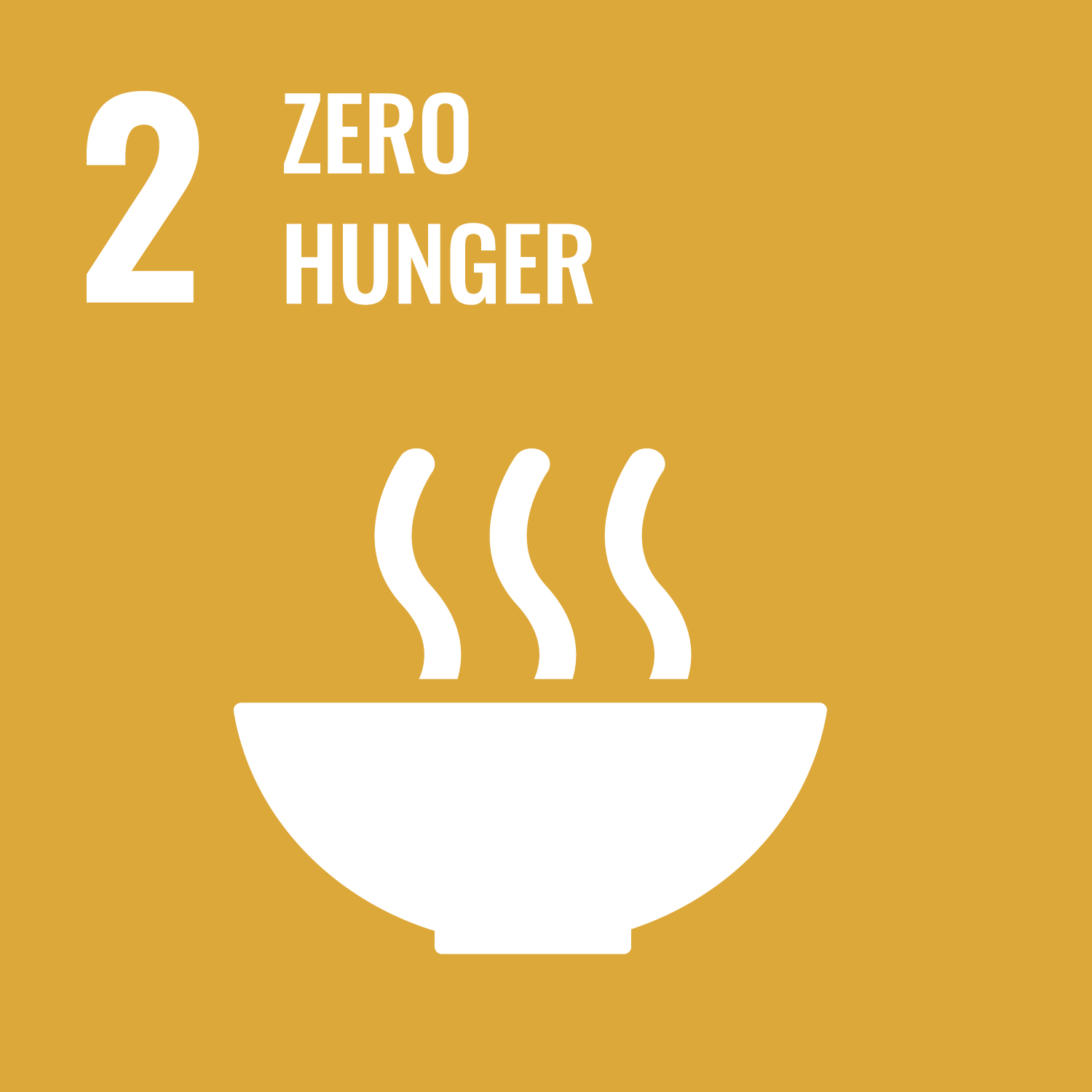
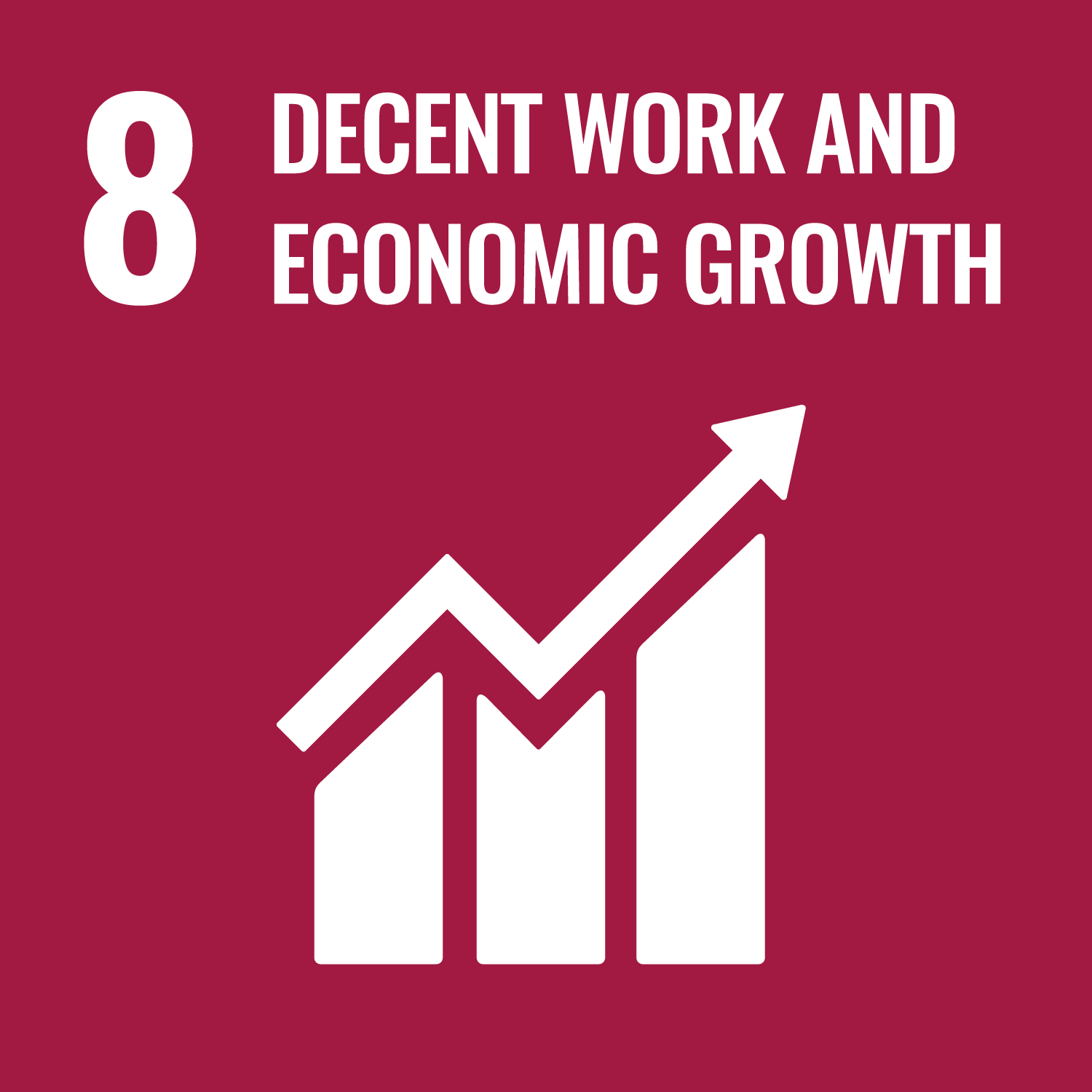
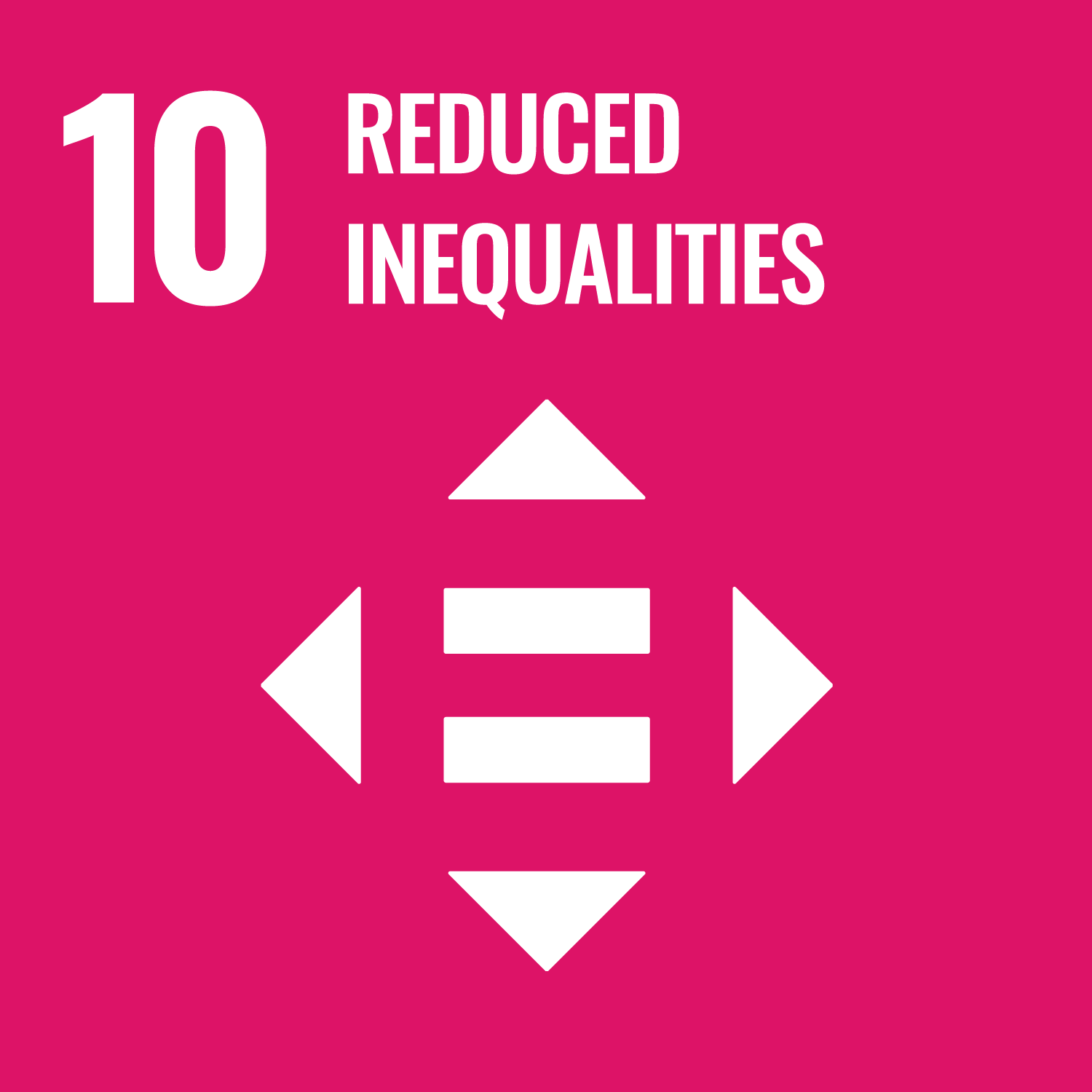
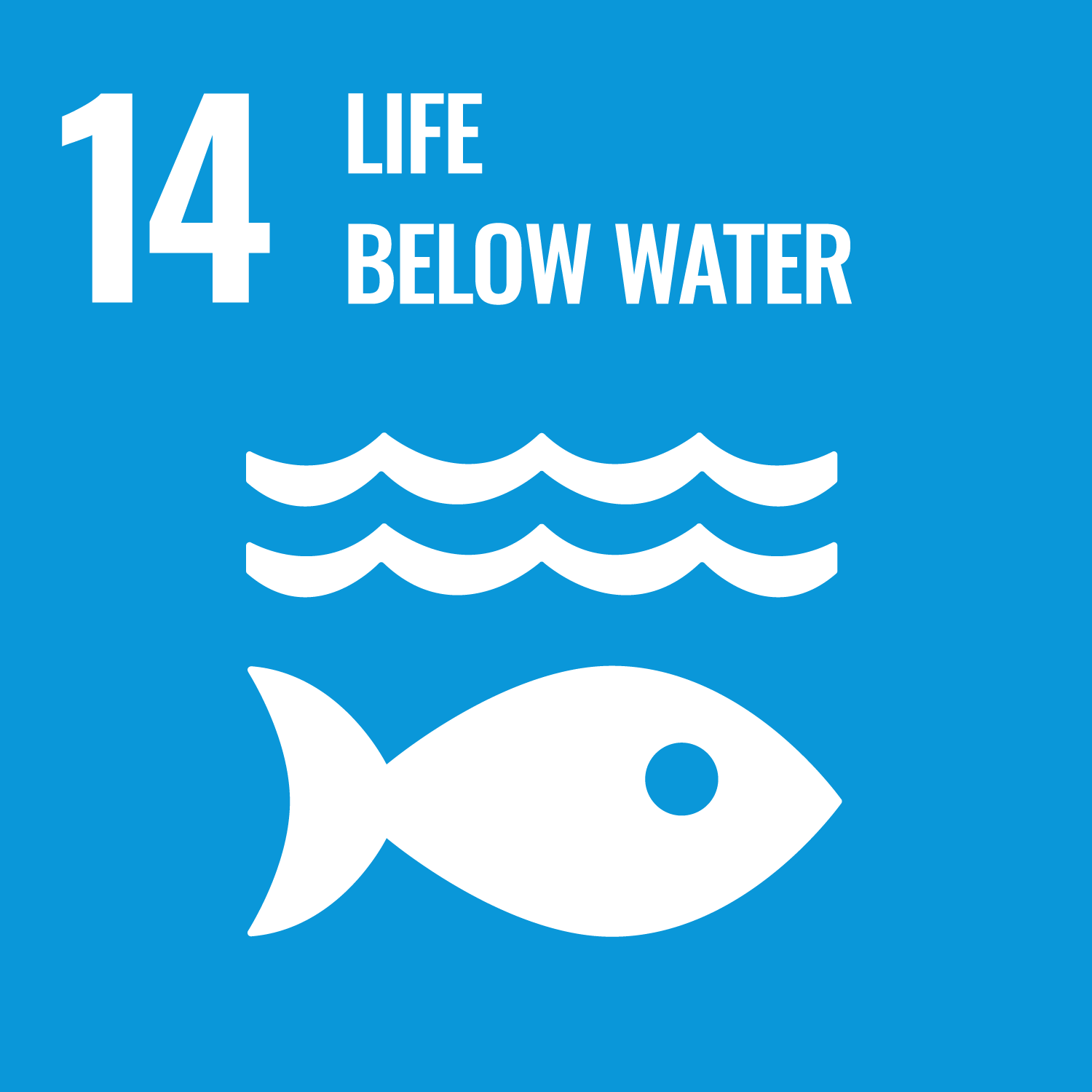


WEBSITE
- General: ABS Biotrade: Biodiversity-Based Value Chains (abs-biotrade.info)
- Pacific-specific: ABS Biotrade: General Information (abs-biotrade.info)


